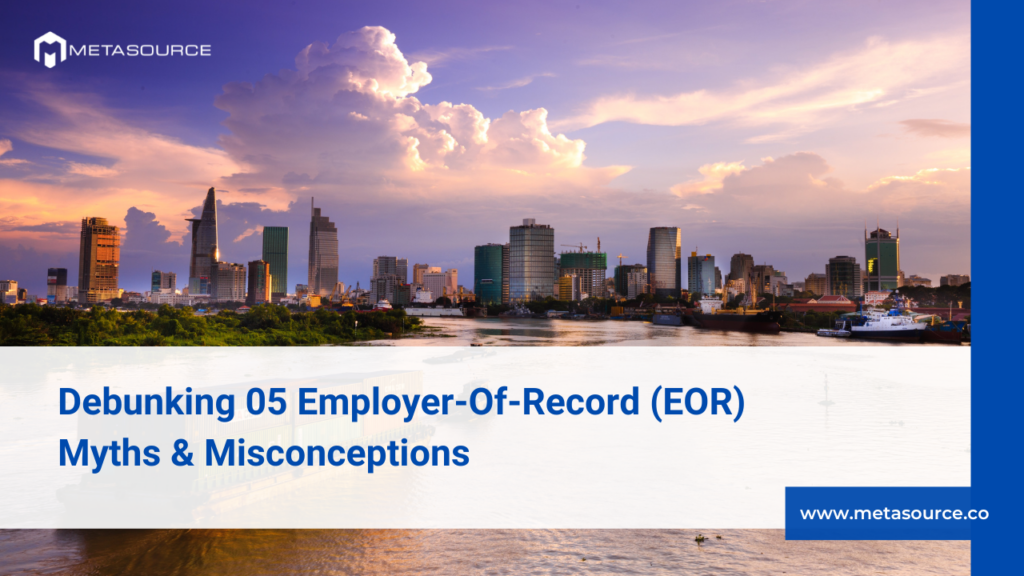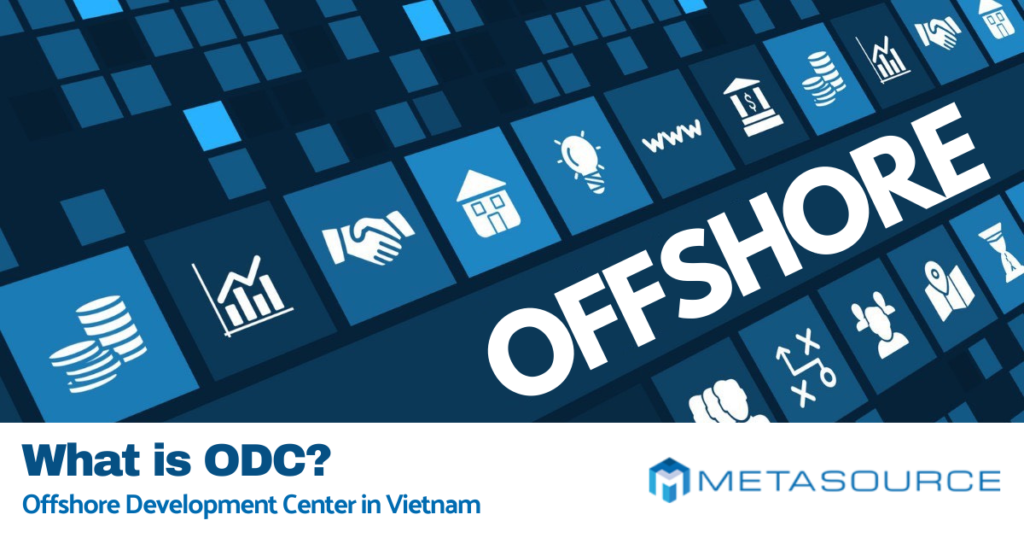Market entry is a common strategy that can be used to achieve expansion or cost-reduction, depending on the company and its specific needs. This article talks about the questions that a company should consider to prepare a market entry in Vietnam.
Firstly, market entry is simply a process where products or services are delivered to (or from) a specific geographic market. And while it might sound simple, entering a new market can be complex and challenging.These questions will assist to identify objectives, timeframes, possibilities and specific risks.
Entering an Emerging Market: Vietnam
Consider Vietnam as an example of an emerging market.
Vietnam is a highly attractive market for many companies. The country is large, growing and politically stable. It’s got a vibrant young workforce. Steady advances are being made to infrastructure and the ease of doing business, while barriers to trade are being eliminated. Many companies are now looking at Vietnam as an enticing market to enter, particularly as costs rise in China.
However, Vietnam is also very different to many advanced Western economies. For example, a single-party is centrally planning and managing the government. It was the site of major wars only 50 years ago and still carries many of the traditions of previous administrative powers (such as France and China). The economy was opened in 1996, but foreign investment began to rapidly accelerate once Vietnam was admitted to the WTO over a decade later. In the midst of miraculous growth for the past 20 years, Government is modernising and digitising its processes… but much work remains to be done.
Stages of Market Entry and Key Questions
There is a series of stages that most companies will progress through as they prepare for and then execute market entry. At each stage, a series of questions can assist the company.
General Preparation
In the early stages of market entry, a company should seek information about the specific market. It’s key that a company understands how suitable its products, services or operations will be in the new market. The specific information required to make this decision will vary, but the overall growth and stability of a market are key, in addition to considerations like the business environment, infrastructure, regulation and competition.
Questions that you should ask at this stage:
- What is the addressable market (for products or services) or what are the potential benefits (for operations)?
- There are any economic and social factors we should consider?
- What are the relevant legal, regulatory and administrative considerations?
- How competition look like?
Analysis and Planning
In the middle stages of market entry, a company will seek to refine their business model for the specific market and then identify how those products, services or operations can be launched in the chosen market. Organic growth will see the company grow themselves, whilst inorganic growth will focus on acquisitions or partnerships. Each approach has different risks and potential returns.
Questions that you should ask at this stage:
- How do the market leaders compete? What are your relative competitive advantages and disadvantages?
- How much do you need to adjust for local factors? Can you effectively compete in this new market?
- Should you pursue an organic approach to growth, or an approach using partnerships, licensing and/or acquisitions?
- Given the constraints of your resources, your objectives and your risk tolerance, what is the best way to enter the market?
Implementation
In the latter stages of market entry, a company will complete specific detailed planning for its preferred approach and then execute that approach. A company needs to ensure it has the capabilities necessary to succeed in the market using its chosen approach. Furthermore, practical tasks will become a priority at this stage. If the company is seeking to grow organically, these tasks will generally include registering a company, selecting staff and finding an office location.
Questions that you should ask for an organic approach to growth:
- What specific steps are required for execution?
- Do you have sufficient resources to execute the approach?
- Have you completed the necessary due diligence?
- Do you require any on-the-ground presence? Which roles? Reporting to whom?
- What results do you expect by the new operation and by when?
Delays Experienced in Market Entry in Vietnam
Delays are always possible when entering an emerging market. Of course, that might be a wide-range of reasons for a delay; the most common delays in Vietnam arise from the time taken to:
- Research and understand the market;
- Identify a suitable legal structure and then register the business (including the submission of authenticated documents);
- Open the necessary bank accounts.
- Apply for sub-licenses (if required);
- Find the right local partner (if required);
- Find and onboard suitable local staff;
- Set up an office or base of operations; and/or
- Seek internal approvals (from your own shareholders, board or management) as plans are revised.
The other ‘surprise’ that can occur during market entry is an increase in the capital required for establishment or ongoing operations.
Fast and Reliable Market Entry in Vietnam
So, if you’re looking for organic growth to enter the Vietnam market, Metasource can assist you.
Metasource can rapidly commence operations for a wide range of businesses, particularly production of software. Find out how we can help you to plan and execute your market entry strategy.














